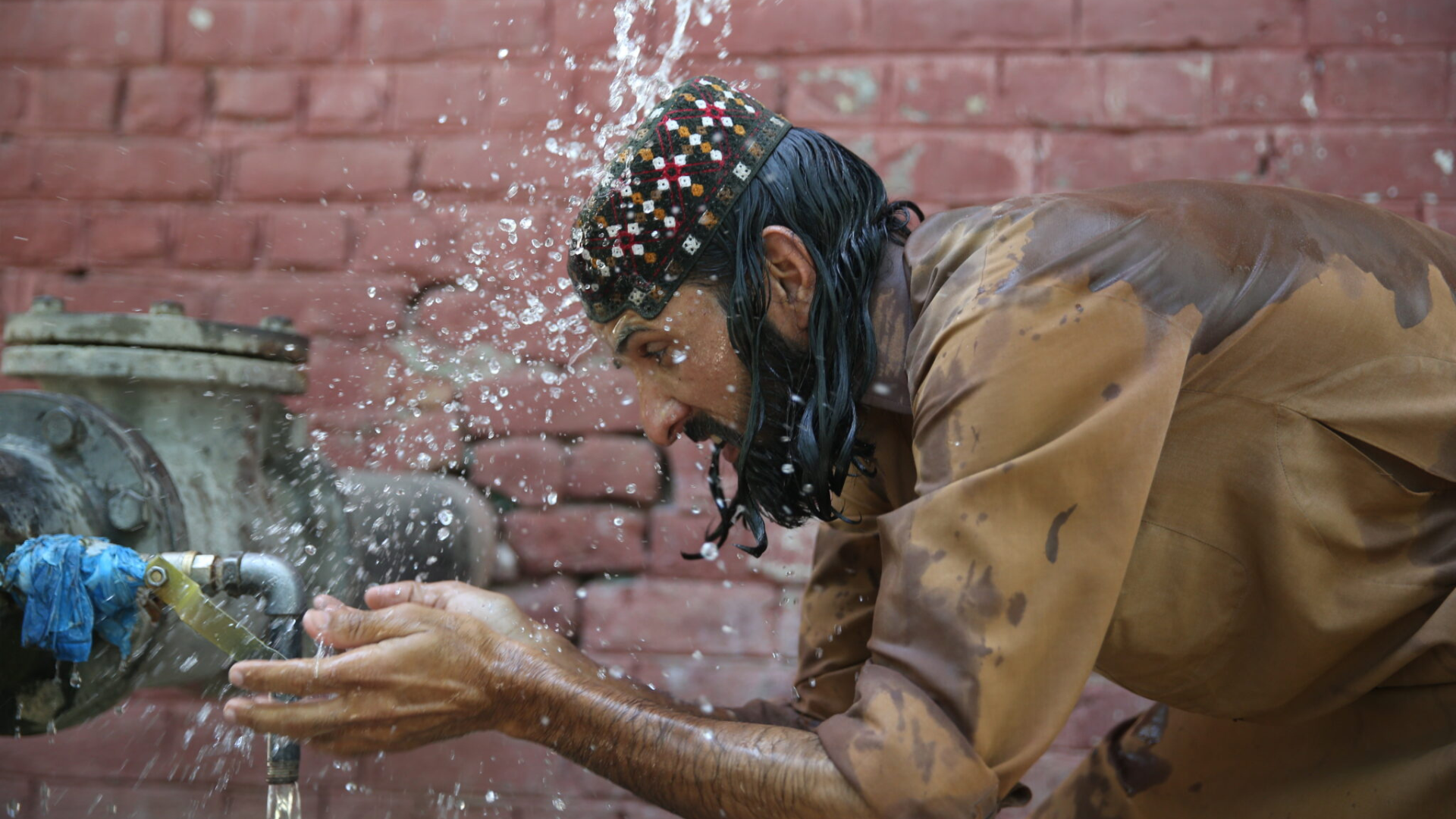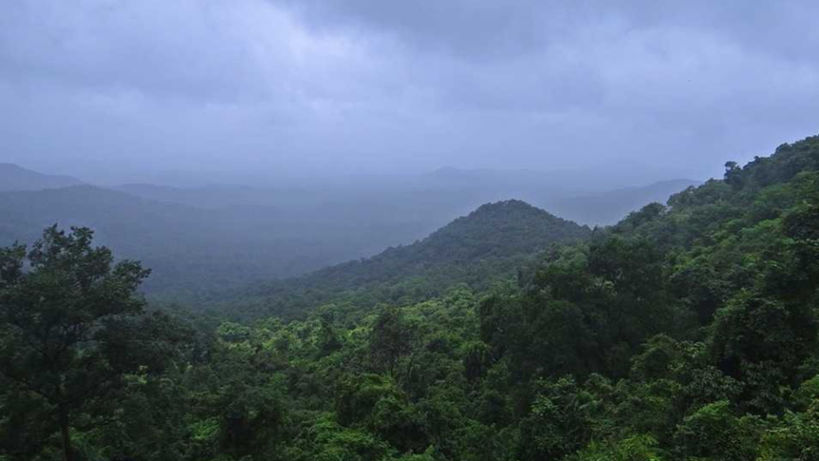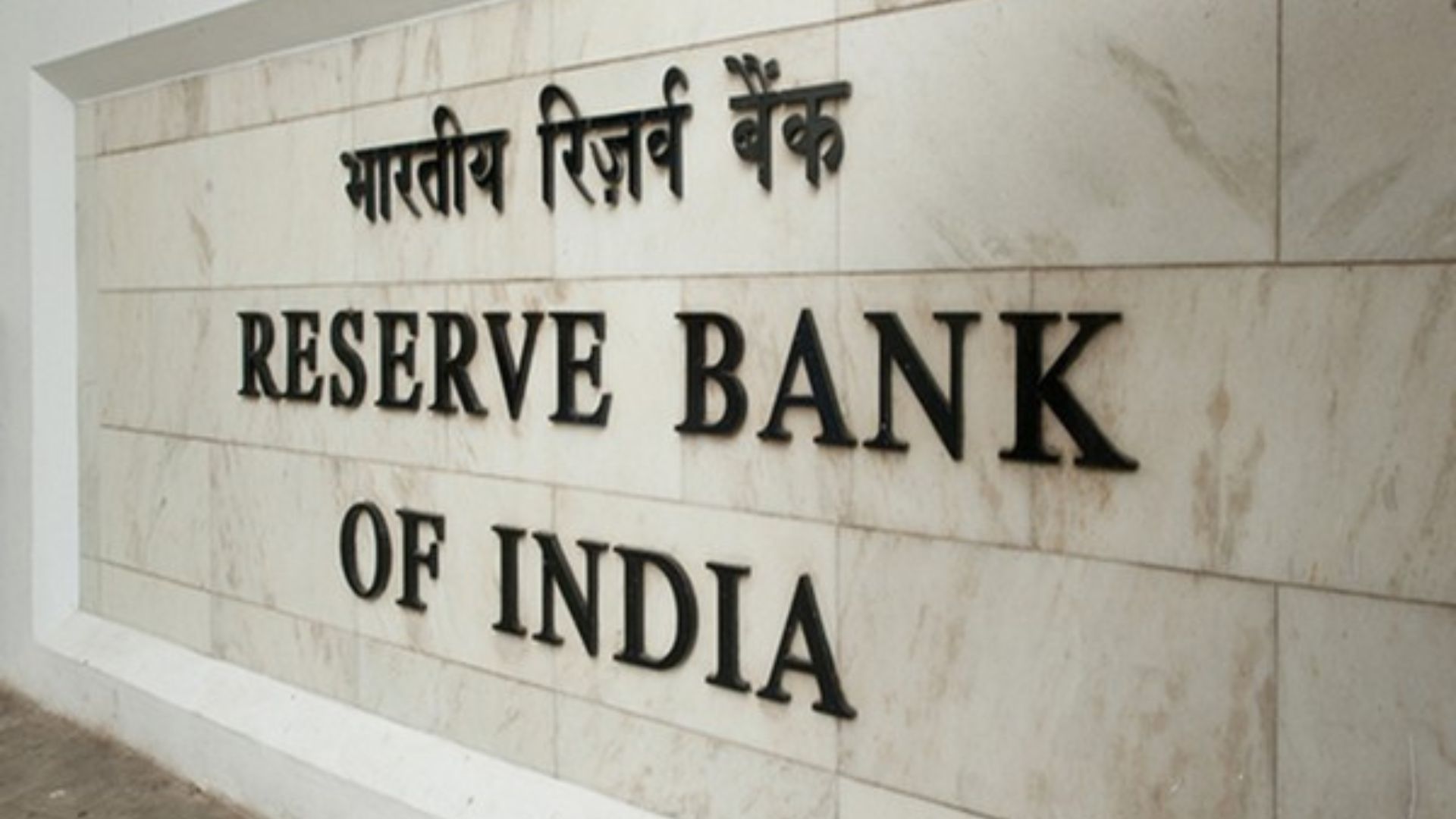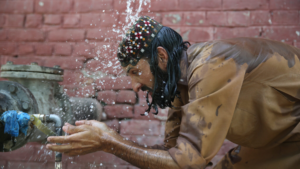The world is sweltering under an unprecedented heatwave. More than 100 people have died from heat-related issues in India alone. Now, casualties are increasing across the border too.
568 people have died in the past six days, with 141 on Tuesday alone. This was verified by the Edhi ambulance service, which typically transports around 30 to 40 bodies to the Karachi city morgue daily in normal conditions. While it is too early to determine the exact cause of death for all cases, the surge coincided with Karachi’s temperatures exceeding 40°C (104°F), with high humidity making it feel as hot as 49°C (120°F).
Dr Imran Sarwar Sheikh, head of the emergency department at Civil Hospital Karachi, reported that the hospital admitted 267 people with heatstroke between Sunday and Wednesday, 12 of whom died. “Most of the patients were in their 60s or 70s, although there were some as young as 45 and even a couple in their 20s,” Dr. Sheikh told the BBC. Symptoms included vomiting, diarrhea, and high fever. “Many of those affected were working outdoors. We’ve advised them to stay hydrated and wear light clothing in these high temperatures.”
The intense heat, described by a meteorologist as a “partial heatwave,” began over the weekend. Authorities have set up heatwave centers and camps to provide relief. Images depict children playing in fountains to cool off. “Look at me! My clothes are totally drenched in sweat,” Mohammad Imran told Reuters on Monday as he struggled to stay cool.
Unfortunately, not everyone in need of help made it to the hospital. Wasim Ahmed, a 56-year-old security guard, felt unwell after completing a 12-hour overnight shift in the heat. “He came home and said he couldn’t handle the hot weather,” his cousin Adnan Zafar told the BBC. After drinking a glass of water, Wasim collapsed. By the time his family reached the hospital, he had already died from a suspected heart attack. Despite having a pre-existing heart condition, Wasim had never suffered in the heat before.
Karachi’s struggle to cope with the high temperatures is exacerbated by frequent power cuts, which shut off fans and air conditioning units many rely on to stay cool. Muhammad Amin, in his 40s, experienced continuous power cuts in his flat. He suddenly became ill and died, with his family suspecting heat-related causes.
Dawn newspaper reported that almost 30 people were found dead on Karachi’s streets, many of whom were suspected drug addicts without signs of injury. Karachi is not alone in this struggle. Last month, Sindh province, where Karachi is the capital, recorded nearly 52.2°C (126°F), close to breaking the record.
Pakistan’s neighboring countries are also grappling with extreme heat. In India, Delhi has been enduring an “unprecedented” heatwave, with daily temperatures exceeding 40°C (104°F) since May and peaking at nearly 50°C (122°F). Local doctors say they have never encountered such conditions before.
Karachi resident Mohammad Zeshan attributes the crisis to climate change. “This is happening all around the world. Europe has faced intense heat but has taken steps to address it. Sadly, our government has not implemented effective measures,” he told Reuters.
Experts agree that extreme weather events are becoming more frequent and intense due to climate change. The current heatwave in Karachi is expected to persist into next week, although slightly lower temperatures are forecast. Weather experts are now focusing on the monsoon season, anticipated to arrive early and bring up to 60% more rain, according to experts cited by Dawn.













